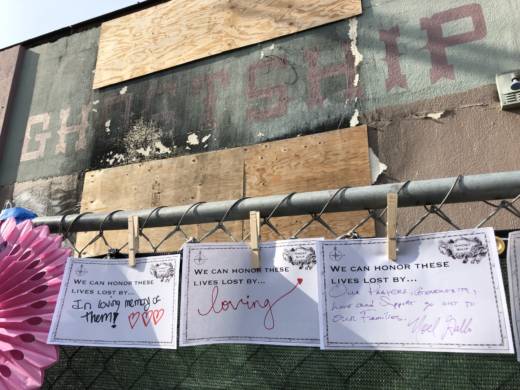Two men will go to trial on involuntary manslaughter charges in the deaths of 36 partygoers in the worst building fire in the U.S. in more than a decade, a judge ruled Thursday.
Alameda County Superior Court Judge Jeffrey Horner cited testimony describing the Oakland warehouse as a "death trap," and said Derick Almena and Max Harris had a "substantial" role in managing it. The ruling came at the end of a six-day preliminary hearing that provided a glimpse at prosecutors' case against the pair.
"I find there is sufficient cause to believe both defendants are legally responsible for what happened on that terrible, terrible night, and are legally responsible for the deaths of 36 individuals," the judge said.
Almena rented the warehouse known as the Ghost Ship that burned on Dec. 2, 2016, during an electronic music concert. Harris lived there, and a witness testified that Harris was in charge of the unpermitted concert.
The warehouse had been illegally converted into a living space for artists, was cluttered and had no fire sprinklers. Prosecutors say the men knowingly created a firetrap and deceived the building's owner, police and fire officials about people living there.
The two have pleaded not guilty and say they are being scapegoated. Tony Serra, an attorney for Almena, said the judge's premise that the building was a death trap was wrong.
